-
Welcome to Tacoma World!
You are currently viewing as a guest! To get full-access, you need to register for a FREE account.
As a registered member, you’ll be able to:- Participate in all Tacoma discussion topics
- Communicate privately with other Tacoma owners from around the world
- Post your own photos in our Members Gallery
- Access all special features of the site
Turbo vs Supercharger
Discussion in 'Performance and Tuning' started by beastlytaco, Oct 16, 2008.
Page 2 of 24
Page 2 of 24


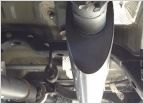 Upgraded exhaust
Upgraded exhaust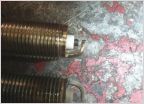 Plugs
Plugs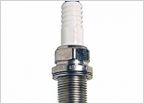 Ok...NGK Laser Double Platinum or Standard Copper Plugs?
Ok...NGK Laser Double Platinum or Standard Copper Plugs?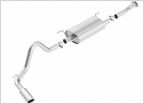 Exhaust
Exhaust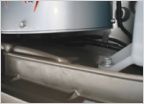 True Flow-XDI CAI installed !!
True Flow-XDI CAI installed !!
